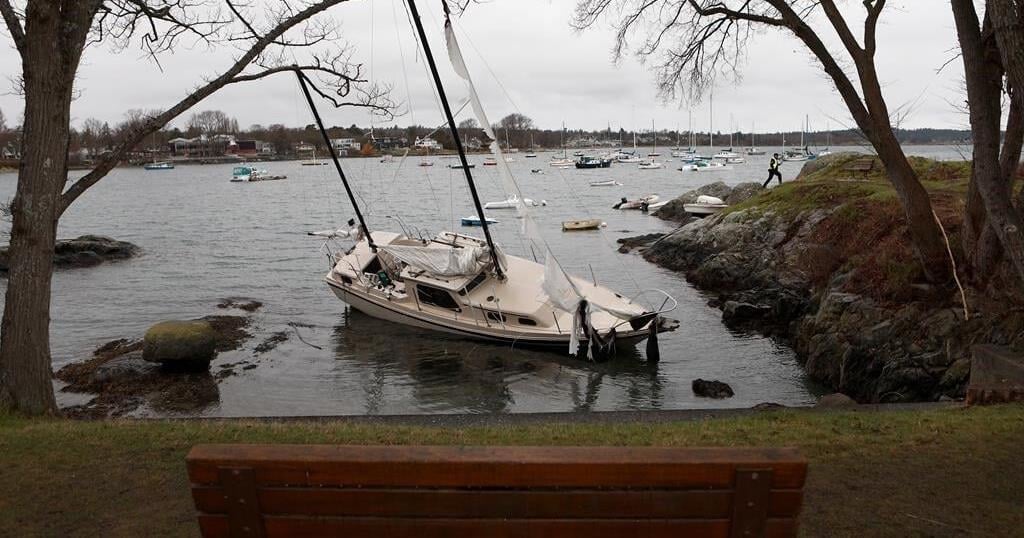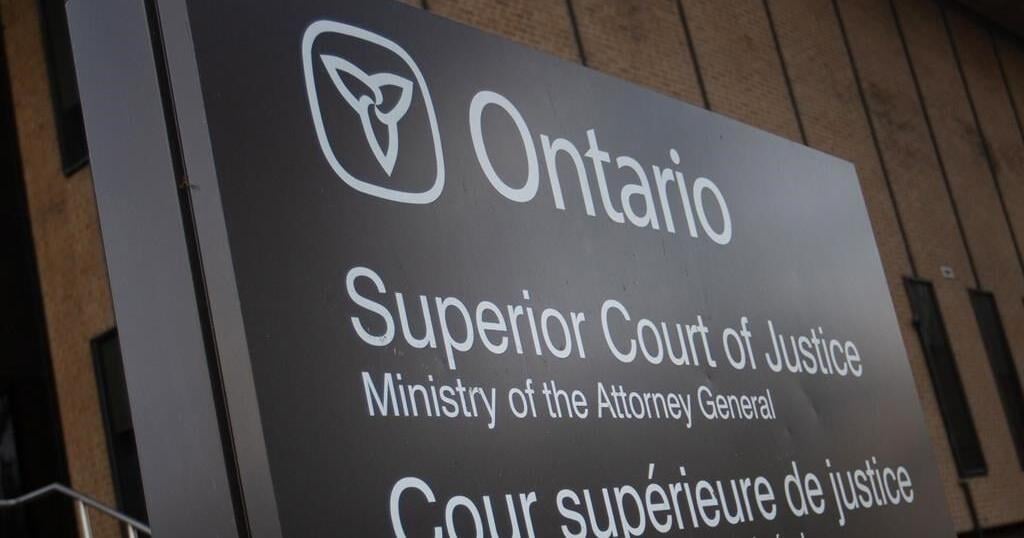CHAMPLAIN, N.Y. – U.S. Customs and Border Protection (CBP), in collaboration with the Canada Border Services Agency (CBSA), will adjust hours of operation for 38 ports of entry (POEs) along the U.S. northern border, beginning at midnight, Jan. 6, 2025.
This will allow CBP to enhance border security while facilitating legitimate cross-border trade and travel. CBP officers will be deployed to busier ports of entry, enabling the agency to use its resources most effectively for its critical national security and border security missions.
These adjustments formalize current operating hours that have been in effect for more than four years at 13 ports of entry across the northern border, with eight ports of entry expanding hours. A small number of ports will see reduced hours in an effort to continually align resources to operational realities. Travelers who use these affected crossing locations will have other options within a reasonable driving distance.
Importantly, these adjustments have been made in close coordination with CBSA, to ensure aligned operational hours that further enhance the security of both countries.
CBP continually monitors operations, traffic patterns and volume, and analyzes the best use of resources to better serve the traveling public. CBP will remain engaged with local and regional stakeholders, as well as communities to ensure consistent communication and to address concerns.
The vast majority of the 118 northern border ports of entry will continue to operate at existing hours, including many with 24/7 operations. Locate ports of entry and access border wait times here.
The following are the new permanent POE hours of operation for select New York POEs:
- Chateauguay, NY new hours of operation – 6 am to 6 pm
- Trout River, NY new hours of operation – 6 am to 6 pm
- Rouses Point, NY new hours of operation – 8 am to 8 pm
- Overton Corners, NY new hours of operation – 6 am to 10 pm
Again, these changes will go into effect beginning at midnight, January 6, 2025.
Below is a listing of each location with the closest border crossing that will remain open 24/7 for appropriate commercial and passenger traffic:
- Chateauguay, NY – closest 24/7 port: Fort Covington – 27 miles
- Trout River, NY – closest 24/7 port: Fort Covington – 11 miles
- Rouses Point, NY – closest 24/7 port: Champlain – 8 miles
- Overton Corners, NY – closest 24/7 port: Champlain – 5 miles
For additional information or to contact a port of entry, please visit CBP.gov.
Follow us on X (formerly Twitter) @CBPBuffalo and @DFOBuffalo
For more on Customs and Border Protection’s mission at our nation’s ports of entry with CBP officers and along U.S. borders with Border Patrol agents, please visit the Border Security section of the CBP website.
Follow us on X (formerly Twitter) @CBPBuffalo @DFOBuffalo and @USBPChiefBUN
Related

























